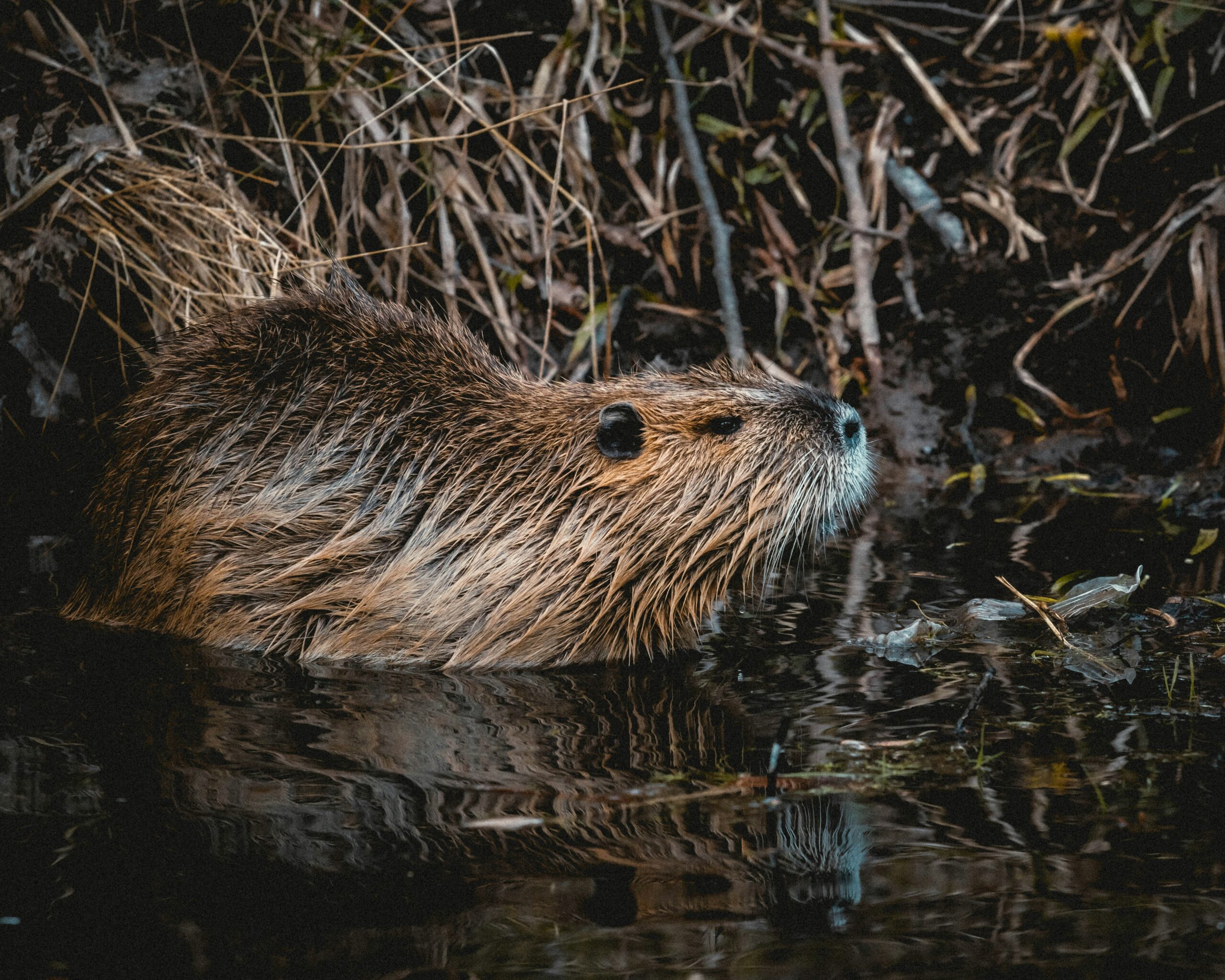 Image description: A beaver entering a pool of water. Photo by Niklas Hamann on Unsplash
Image description: A beaver entering a pool of water. Photo by Niklas Hamann on Unsplash
NatureScot has launched a new call for expressions of interest in releasing beavers into additional catchments across Scotland, as reported by NatureScot. The initiative aims to identify suitable habitats and gauge landowner support for future conservation translocations. This move is part of Scotland’s Beaver Strategy, which seeks to expand the range of beavers and enhance biodiversity and climate resilience.
Beavers are already established in several catchments including Tayside, the Forth, Knapdale, Loch Lomond, and the Cairngorms National Park. Recent approvals have also been granted for releases in the Beauly catchment. According to Dr Jenny Bryce, NatureScot’s beaver team manager, beavers are ‘ecosystem engineers’ that create wetlands, moderate water flows, and improve water quality, contributing to biodiversity restoration and climate adaptation.
The Scottish Wildlife Trust has played a key role in the reintroduction of beavers since 2009, including the landmark Scottish Beaver Trial in Knapdale. Their efforts have led to beavers being recognised as a legally protected native species. The Trust highlights the ecological benefits of beavers, including improved conditions for fish, amphibians, and other wildlife, as well as opportunities for eco-tourism.
The Devon Beaver Project demonstrated the positive impacts of beavers on flood mitigation, pollution reduction, and wildlife populations. The five-year trial concluded that the benefits of beaver activity outweighed the costs, supporting broader reintroduction efforts across the UK.
NatureScot’s latest Beaver Management Report indicates a shift toward non-lethal management, with increased trapping and translocation efforts. Over the past year, 47 beavers were relocated within Scotland, and 30 were sent to licensed projects in England and Wales. The agency continues to support land managers through its Beaver Mitigation Scheme, which includes dam removal and habitat management.